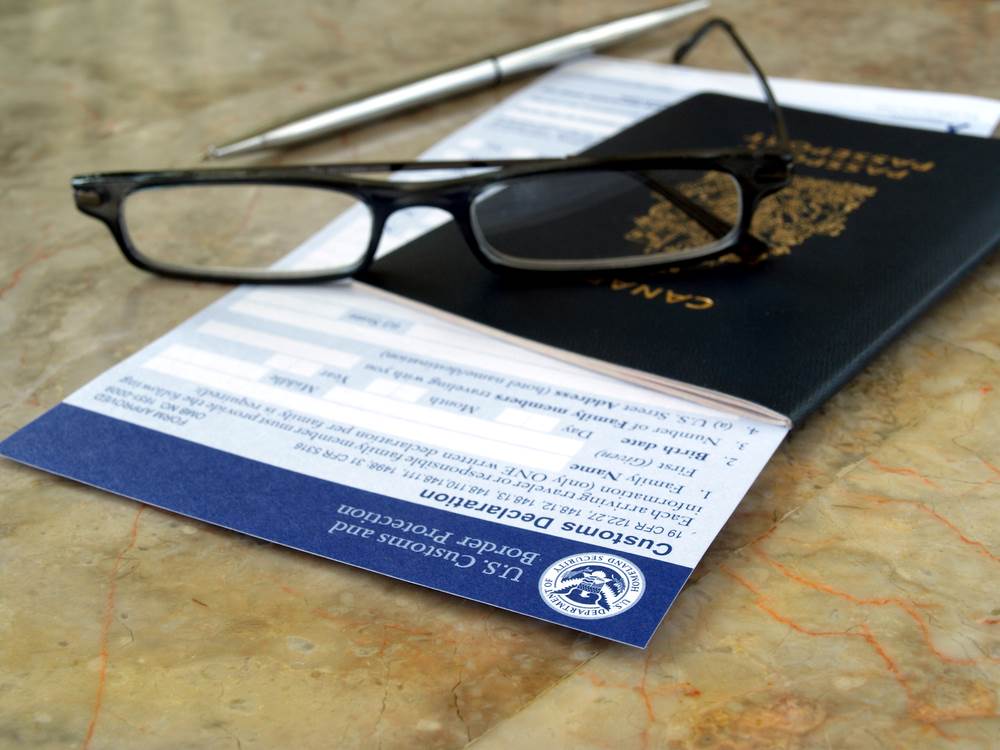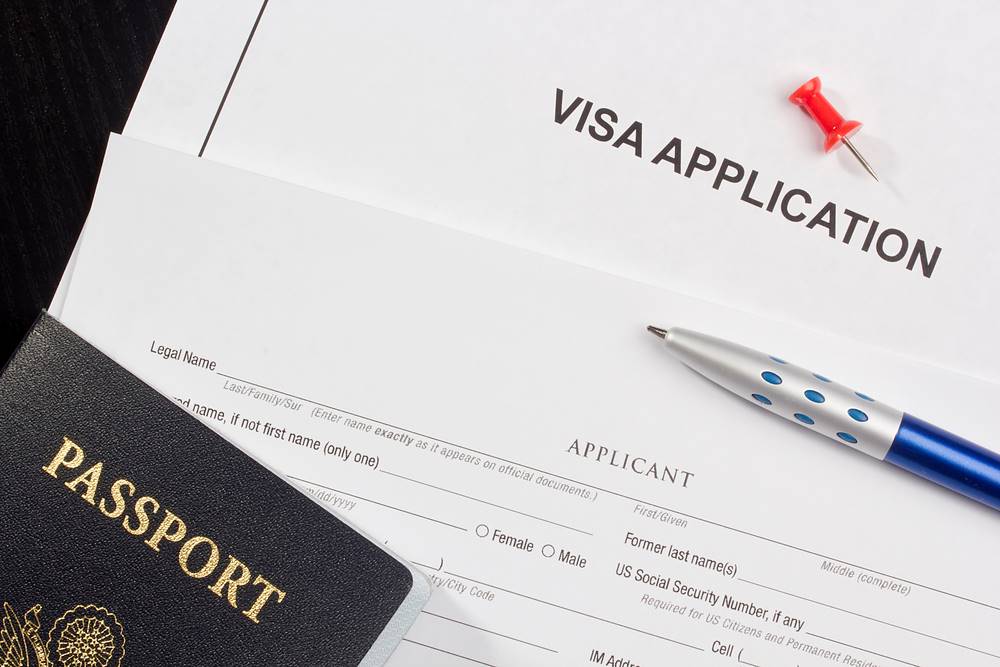Understanding Investor Visas: Visas for Entrepreneurs
Investor visas are designed to attract foreign entrepreneurs looking to invest in the United States. These visas provide an opportunity to gain residency through substantial financial investment in U.S. businesses. Whether you’re interested in starting a business or expanding an existing enterprise, investor visas offer a pathway for economic growth and permanent residency.
What is an Investor Visa?
Overview of Investor Visas in the U.S.
What Qualifies as an Investment for a Visa?
Investments must meet specific requirements to qualify for a visa. Depending on the visa category, this may include creating jobs, fostering economic growth, or meeting a minimum investment threshold.
Visa Types for Investors (EB-5, E-2, L-1, etc.)
The U.S. offers various investor visa options tailored to different investments and investors. These include the EB-5 visa for significant investors, the E-2 visa for treaty investors, and the L-1 visa for multinational executives.
Why Do You Need an Immigration Lawyer for Investor Visas?
Navigating the Complex Requirements
Investor visas come with strict regulations and investment thresholds. An immigration lawyer can help you navigate these complexities and ensure your investment meets U.S. immigration standards.
Ensuring Compliance with Investment Thresholds
Each investor visa has specific financial requirements. A lawyer can assist in structuring your investment to increase your chances of meeting visa thresholds and avoiding common issues.
Assistance with Visa Documentation
Proper documentation is critical for visa approval. A lawyer can assist in preparing the necessary forms, evidence of investment, and supporting documents for submission.


Avoiding Common Pitfalls
Denial Risks and How to Prevent Them
Visa denials often result from incomplete applications or failure to meet investment requirements. An experienced lawyer can assist in preparing a thorough petition, which may help reduce the risks of visa denial.
Legal Advice on Structuring Your Investment
The legal structure of your investment plays a crucial role in visa approval. A lawyer can help you understand how your investment aligns with U.S. immigration law criteria.
Types of Investor Visas
EB-5 Visa: Pathway to Permanent Residency
The EB-5 visa offers a pathway to permanent residency in the U.S. through substantial investment, particularly in job-creating ventures.
EB-5 Visa Requirements
To qualify for an EB-5 visa, you must invest a minimum of $1.05 million (or $800,000 in a targeted employment area) and create at least ten full-time jobs for U.S. workers.
EB-5 Regional Centers and Direct Investment Options
EB-5 investments can be made through regional centers or direct business ventures. Regional centers handle job creation and investment for you, while direct investments give you more control.
E-2 Visa: For Treaty Investors
The E-2 visa allows citizens of treaty countries to invest in a U.S. business and gain residency.
E-2 Visa Eligibility and Treaty Countries
Only citizens of countries with which the U.S. has an E-2 treaty are eligible for this visa. Eligible investors must hold at least 50% ownership of the business.
E-2 Visa Investment Minimums
While there’s no set minimum investment, it must be substantial enough to support the business’s operations and generate profit.
L-1 Visa: For Multinational Executives and Investors
The L-1 visa is designed for executives and investors in multinational companies who wish to transfer operations to the U.S.
Transferring an Executive to the U.S.
The L-1 visa facilitates the transfer of executives and key personnel from foreign operations to U.S. offices.
L-1 Visa Requirements for Entrepreneurs
To qualify for the L-1 visa, the U.S. and foreign offices must have a qualifying relationship, and the executive must have worked abroad for at least one year within the last three years.
Legal Considerations for Investor Visas
How to Prove the Legitimacy of Your Investment
U.S. immigration authorities require proof that your investment is legitimate and lawfully sourced.
Documentation Required for Visa Approval
Key documents include business plans, tax returns, and financial records proving the source of investment capital.
Proving Job Creation or Economic Impact
Investors must demonstrate that their investment will create jobs or contribute to economic growth, a requirement for many visa types.
Legal Implications of Visa Denial
What to Do if Your Investor Visa is Denied
If you’re denied, it’s essential to understand the reasons and work with an immigration lawyer to address them in an appeal.
How an Attorney Can Help with Appeals
An immigration attorney can assist with the appeal process and help you address issues such as documentation errors or investment structuring.
The Application Process for Investor Visas
Critical Steps in the Investor Visa Application
The process begins with submitting the necessary petition to U.S. Citizenship and Immigration Services (USCIS) and then gathering the required documentation.
Submitting the Petition to USCIS
Your petition, typically on Form I-526 or I-129, is the first step in the investor visa process.
Supporting Documents You’ll Need
Supporting documents include proof of investment, business ownership, and evidence of job creation or economic contribution.
Processing Times and What to Expect
Visa Interview Preparation
The consular interview is a key part of the process, during which you’ll need to demonstrate the legitimacy of your investment and your business plan.
Typical Processing Timelines for Each Visa Type
Processing times vary based on the visa type and the application’s complexity. EB-5 visas, for instance, can take several years to process.
Benefits of Hiring an Immigration Lawyer for Investor Visas
Critical Steps in the Investor Visa Application
An immigration lawyer combines knowledge of both immigration law and business investment regulations, tailoring strategies for your unique situation.
Tailoring Visa Strategies for Entrepreneurs
Based on your investment goals, a lawyer can help you choose the proper investor visa, such as the EB-5, E-2, or L-1.
Compliance with U.S. Immigration Regulations
Immigration law is complex and subject to change. A lawyer can help ensure that your visa application complies with current regulations.


Post-Approval Support
Help with Visa Extensions and Renewals
After your visa is approved, an immigration lawyer can assist with renewals and extensions, ensuring you maintain legal status.
Assistance in Transitioning to Permanent Residency
For those pursuing permanent residency, an immigration lawyer can guide you through transitioning from a temporary visa to a green card.
Frequently Asked Questions (FAQs) About Investor Visas
Who qualifies for an investor visa?
Investor visas are available to individuals who meet the specific financial and business requirements outlined by U.S. immigration law.
What is the minimum investment for an EB-5 visa?
The minimum investment for an EB-5 visa is $1.05 million, or $800,000, in a targeted employment area (TEA).
Can I bring my family on an investor visa?
Yes, investor visas typically allow you to bring immediate family members, including spouses and children under 21, to the U.S.
How long does it take to get an investor visa?
Processing times vary by visa type, but the EB-5 visa can take several years, while the E-2 and L-1 visas generally have faster processing times.
Can an investor visa lead to a green card?
Some investor visas, like the EB-5, can lead to permanent residency (a green card).
What happens if my investment fails?
If your investment fails, you may risk losing your visa status. A lawyer can help you explore possible alternative options.

